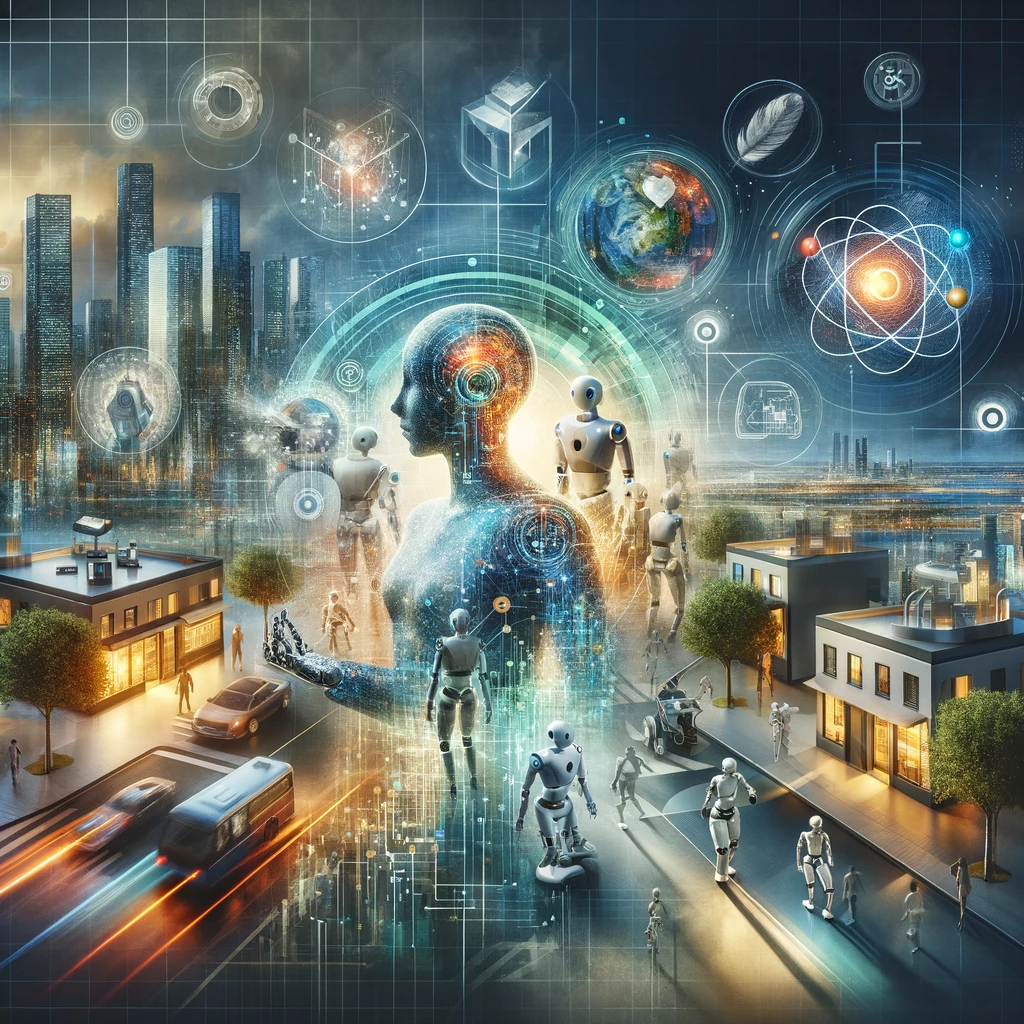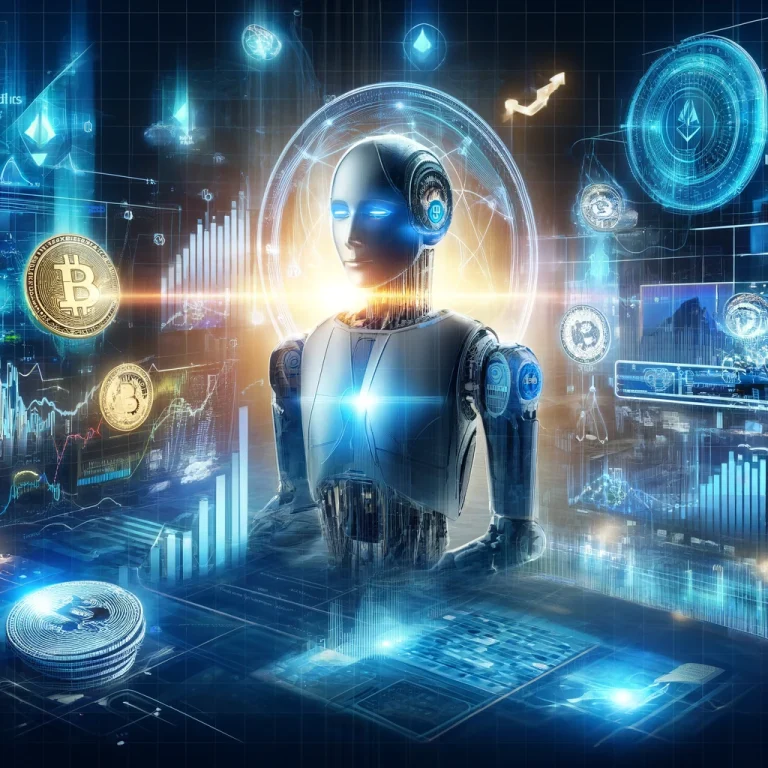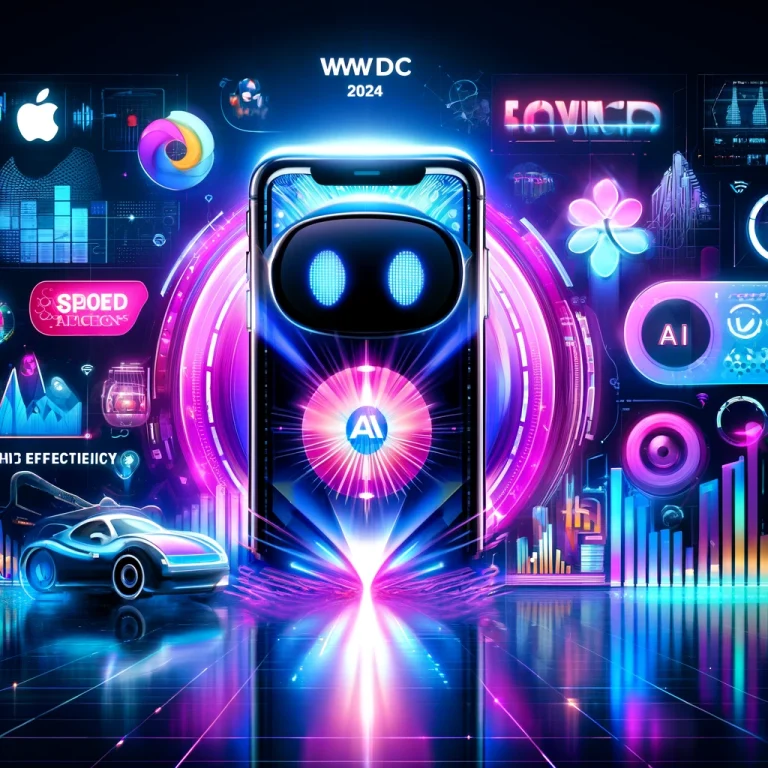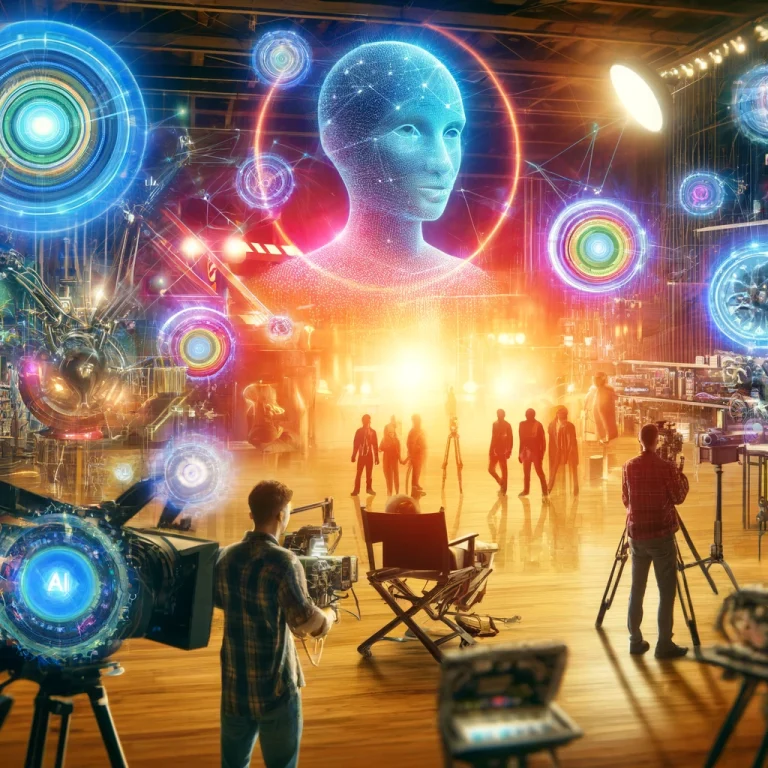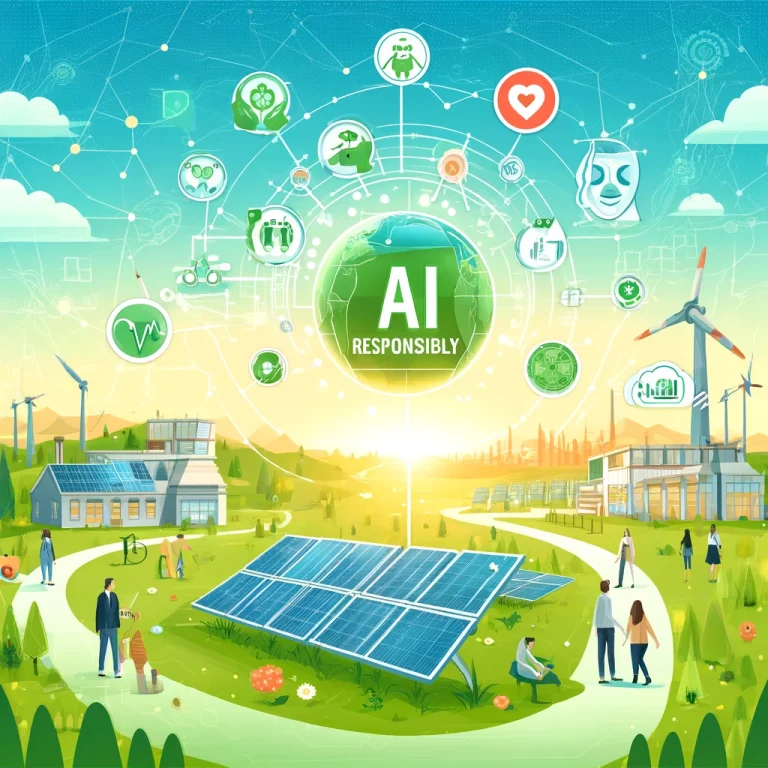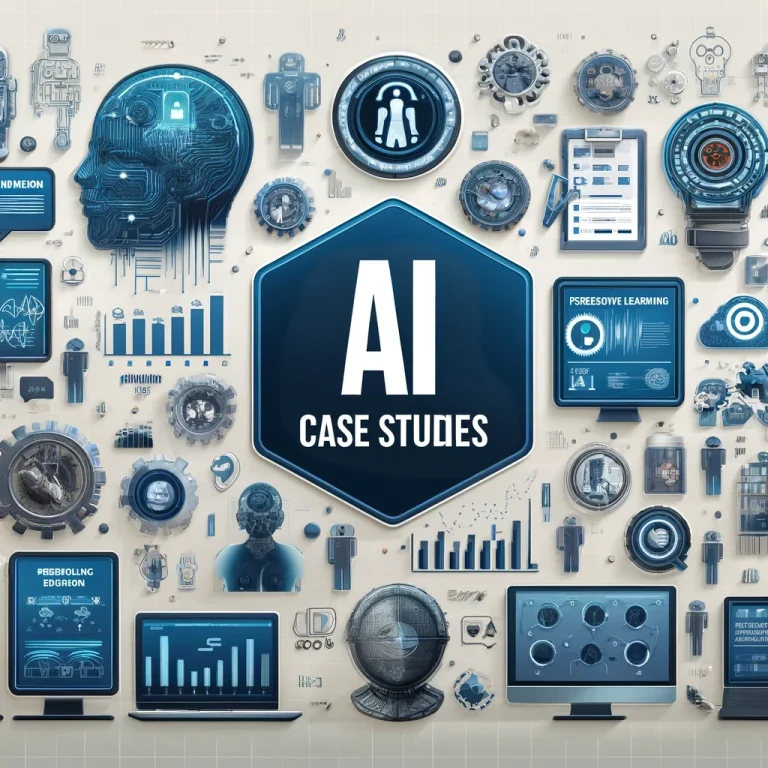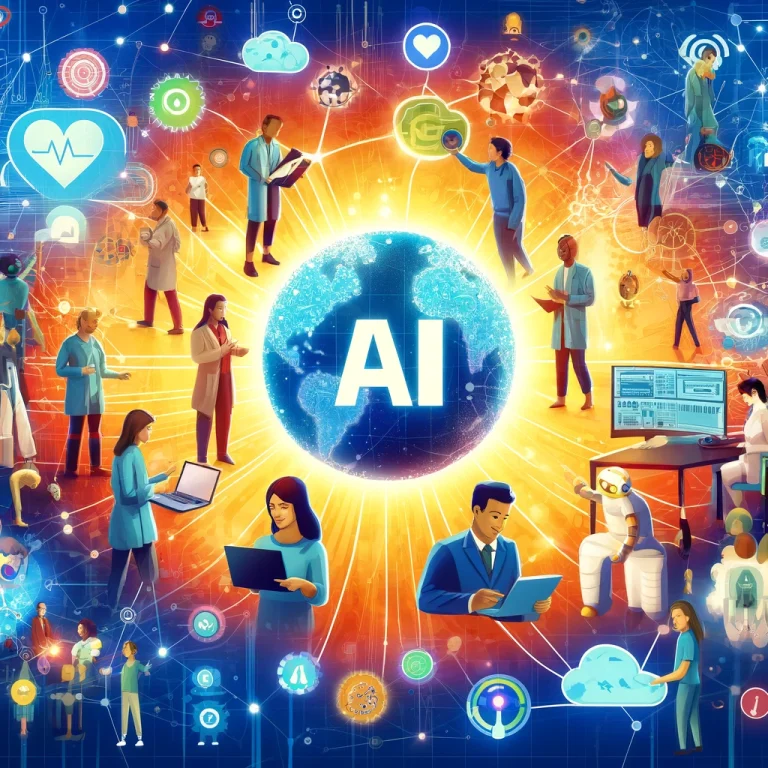The Rise of the Machines: Embodied AI and the Blurring Lines of Intelligence
The realm of science fiction is slowly bleeding into reality. Embodied AI – robots equipped with advanced AI capabilities that allow them to interact with the physical world – is no longer a futuristic fantasy. But as these machines become more sophisticated, they challenge our very understanding of intelligence, consciousness, and what it means to be alive.
Redefining Intelligence
Traditionally, intelligence has been associated with biological life. However, embodied AI forces us to confront new definitions. These machines can learn, adapt, and solve problems in ways that were once thought to be uniquely human. Will we have to redefine intelligence to encompass these new capabilities?
The Consciousness Conundrum
The question of consciousness in AI is even more complex. While embodied AI may exhibit human-like behavior, does that mean they are truly conscious? Can a machine experience emotions or subjective feelings? As embodied AI becomes more sophisticated, the line between complex algorithms and true consciousness will become increasingly blurry.
The Ethics of Embodied AI
The ethical considerations surrounding embodied AI are vast and complex. Here are a few key questions to ponder:
- Rights and Responsibilities: If embodied AI achieves a level of sentience or consciousness, should they be afforded rights similar to humans? Who is responsible for the actions of an embodied AI?
- Human-Machine Interaction: How will humans interact with embodied AI on a social and emotional level? Will we develop trust, companionship, or even romantic relationships with these machines?
- Job Displacement and Inequality: Embodied AI could automate many jobs currently performed by humans. How will we address potential widespread unemployment and societal unrest?
Blurring the Lines Between Machine and Living Being
As embodied AI continues to develop, the line between machine and living being will inevitably become more blurred. These machines may not be biological, but their ability to interact with the world, learn, and potentially even experience emotions, could challenge our very definition of what it means to be alive.
The Future We Choose
The development of embodied AI presents both exciting possibilities and ethical dilemmas. By fostering open discussions, prioritizing ethical considerations, and approaching AI development responsibly, we can ensure that embodied AI becomes a force for good, augmenting humanity rather than replacing it.
What are your thoughts? Share your ideas on the ethical considerations surrounding embodied AI and how it might impact our perception of intelligence and consciousness in the comments below. Let’s keep the conversation going and shape a future where humans and machines can coexist and thrive together.

